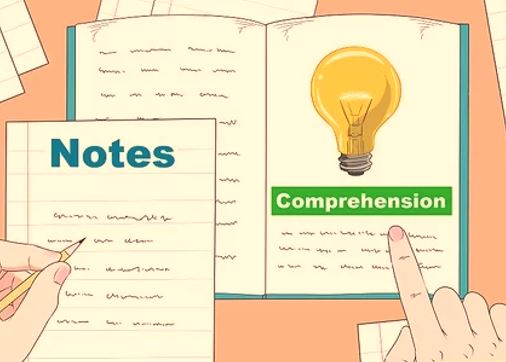Subjective Comprehension-XV
Please study carefully the comprehension given below. The passages is followed by a set of questions choose the best answer to each question.
Ashoka was at first disposed to follow the example of his father and grandfather and complete the conquest of the Indian peninsula. He invaded Kalinga in 255 BC. He was successful in his military operations and alone among conquerors, he was so disgusted with the cruelty and horror of war that he renounced it. He would have no more of it. He adopted the peaceful doctrines of Buddhism and declared that henceforth the conquests should be the conquests of religion. His reign of eight and twenty years was one of the brightest interludes in the troubled history of mankind.
He organized digging of wells in India and planting of trees for shade. He founded hospitals and public gardens for the growing of medicinal herbs. He created a ministry for the care of the aborigines and the subject races of India. He made provision for the education of women. He made vast benefactions to the Buddhists teaching orders and tried to stimulate them to better and more energetic criticism of their own accumulated literature, for corruption and superstitions had accumulated very speedily Upon the pure and simple teachings of the great Indian master.
Ques 1. Why did Ashoka give up war?
Ques 2. What measures did Aslioka fake up for the welfare of the people?
Ques 3. What had gone wrong with the teaching of Buddhism?
Ques 4. What did Ashoka do to reform it?
Solution :
Ans 1. Ashoka was disgusted with the destructions, he brought about in Kalinga in 255 B.C. He was so much disgusted that he gave up 'war for ever.
Ans 2. After witnessing the cruelty and horrors of war, he started thinking of welfare of the people. His reign of 28 years was marked with peace and efforts at the betterment of mankind. He planted trees for shade, dug wells and founded hospitals for the benefits of humanity.
Ans 3. The teachings of Buddha had fallen prey to superstitions and orthodoxy.
Ans 4. Ashoka tried to remove the short coming that had crept in Buddhism. He invited constructive criticism to get rid of corruption and superstitions in Buddhism.
